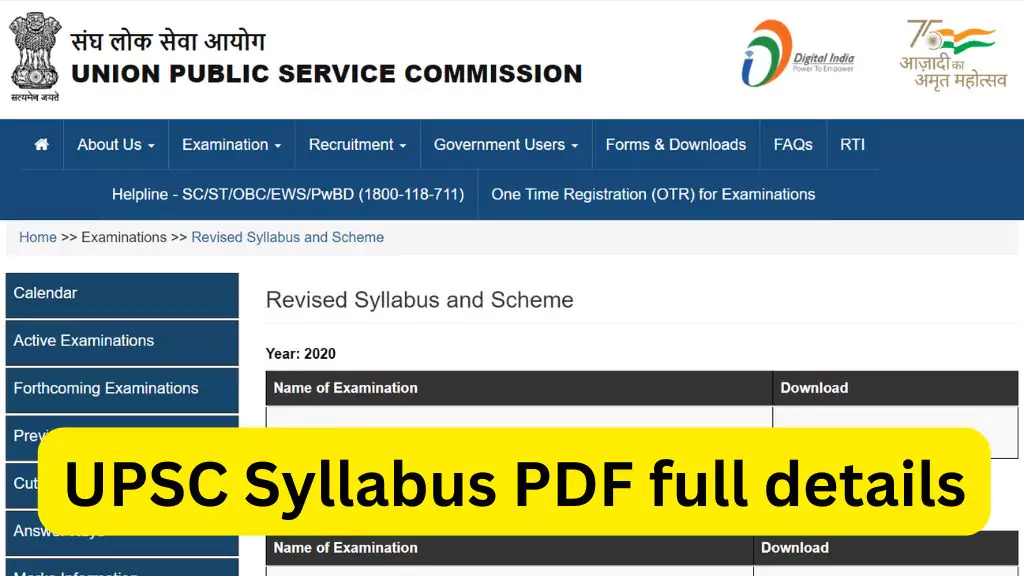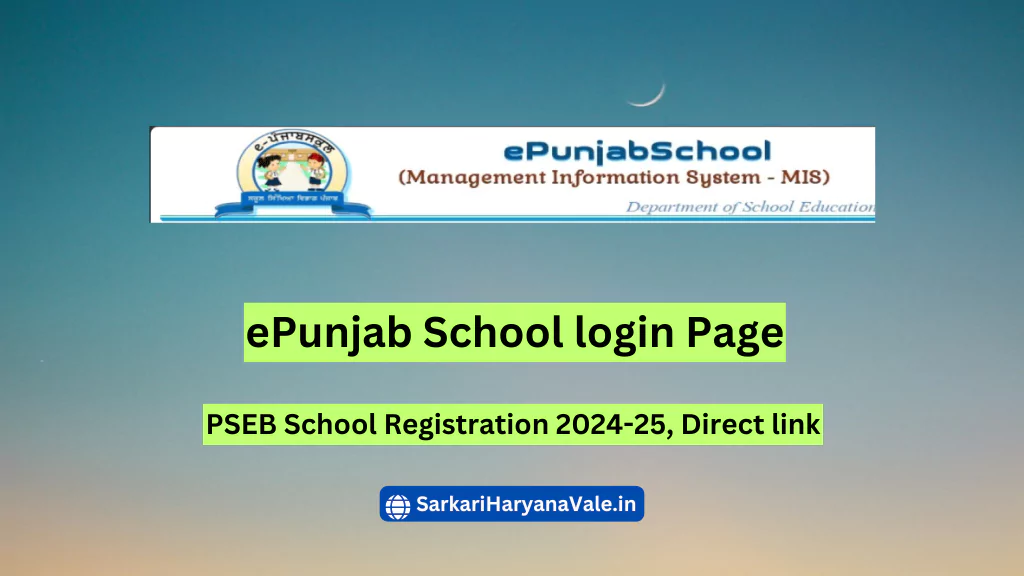The Union Public Service Commission (UPSC) conducts the Civil Services Examination (CSE) annually, which is a gateway for aspirants to enter various prestigious civil services in India, including the Indian Administrative Service (IAS). This examination is divided into three stages: the Preliminary Examination (Prelims), the Main Examination (Mains), and the Personality Test (Interview). Understanding the UPSC syllabus is crucial for candidates as it outlines the topics and subjects they need to prepare for each stage of the examination.
Overview of the UPSC Syllabus
The UPSC syllabus is comprehensive and designed to assess the candidates’ knowledge, analytical abilities, and aptitude. It comprises two main parts: the syllabus for the Preliminary Examination and the syllabus for the Main Examination.
Preliminary Examination Syllabus
The Preliminary Examination consists of two compulsory papers:
- General Studies Paper-I: This paper covers a wide range of topics, including:
- Current events of national and international importance
- History of India and Indian National Movement
- Indian and World Geography
- Indian Polity and Governance
- Economic and Social Development
- Environmental Ecology, Bio-diversity, and Climate Change
- General Science
- General Studies Paper-II (CSAT): This is an aptitude test that assesses:
- Comprehension
- Interpersonal skills
- Logical reasoning
- Decision-making
- Basic numeracy
- Data interpretation
Both papers are objective type, with a total of 400 marks, and candidates must attempt both papers to qualify for the Mains Examination. The CSAT paper is qualifying in nature, requiring a minimum of 33% marks to pass.
Main Examination Syllabus
The Main Examination is more detailed and consists of nine papers:
- Qualifying Papers:
- Paper-A: One Indian Language (300 marks)
- Paper-B: English (300 marks)
- Papers to be Counted for Merit:
- Paper-I: Essay (250 marks)
- Paper-II: General Studies-I (Indian Heritage and Culture, History and Geography of the World and Society) (250 marks)
- Paper-III: General Studies-II (Governance, Constitution, Polity, Social Justice, and International Relations) (250 marks)
- Paper-IV: General Studies-III (Technology, Economic Development, Bio-diversity, Environment, Security, and Disaster Management) (250 marks)
- Paper-V: General Studies-IV (Ethics, Integrity, and Aptitude) (250 marks)
- Paper-VI & VII: Optional Subject Papers (250 marks each)
The total marks for the written examination are 1750, and the final merit list is prepared based on these marks along with the marks obtained in the Personality Test, which carries 275 marks.
Importance of the UPSC Syllabus
The UPSC syllabus serves as a roadmap for candidates, guiding their preparation and ensuring they cover all necessary topics. It is essential for aspirants to familiarize themselves with the syllabus early in their preparation to effectively allocate their study time and resources.
Downloading the UPSC Syllabus PDF
Candidates can download the UPSC syllabus in both English and Hindi from various educational websites and the official UPSC website. Here are some reliable sources for downloading the syllabus:
- UPSC Official Website: The official UPSC website provides the most accurate and updated syllabus. Candidates can find the syllabus PDF for the 2024 examination here .
- Educational Platforms: Websites like Vajiram & Ravi and BYJU’S also offer downloadable PDFs of the UPSC syllabus. These platforms often provide additional resources and guidance for IAS aspirants. For instance, the syllabus can be accessed through these links:
Syllabus in Hindi
For candidates who prefer studying in Hindi, the UPSC syllabus is also available in Hindi. This allows a broader range of aspirants to understand the examination requirements effectively. The Hindi version of the syllabus can be downloaded from the same educational platforms mentioned above.
Preparing for the UPSC Examination
Preparation for the UPSC examination requires a strategic approach. Here are some tips for candidates:
- Understand the Syllabus: Thoroughly read and understand the syllabus to identify key topics and subjects.
- Create a Study Plan: Develop a structured study plan that allocates time for each subject according to its weightage in the examination.
- Use Quality Resources: Refer to standard textbooks, online courses, and coaching materials that align with the syllabus.
- Practice Regularly: Solve previous years’ question papers and take mock tests to familiarize yourself with the exam format and improve time management skills.
- Stay Updated: Regularly read newspapers and current affairs magazines to stay informed about national and international events, which are crucial for the General Studies papers.
- Revise Frequently: Regular revision is essential to retain information and concepts learned during preparation.
Conclusion
The UPSC syllabus is a vital component of the preparation journey for IAS aspirants. By understanding and adhering to the syllabus, candidates can streamline their study efforts and increase their chances of success in the examination. Downloading the syllabus PDF in both English and Hindi provides flexibility for aspirants, ensuring they have access to the necessary information in their preferred language. With a well-structured study plan and consistent effort, candidates can navigate the challenges of the UPSC Civil Services Examination effectively.





